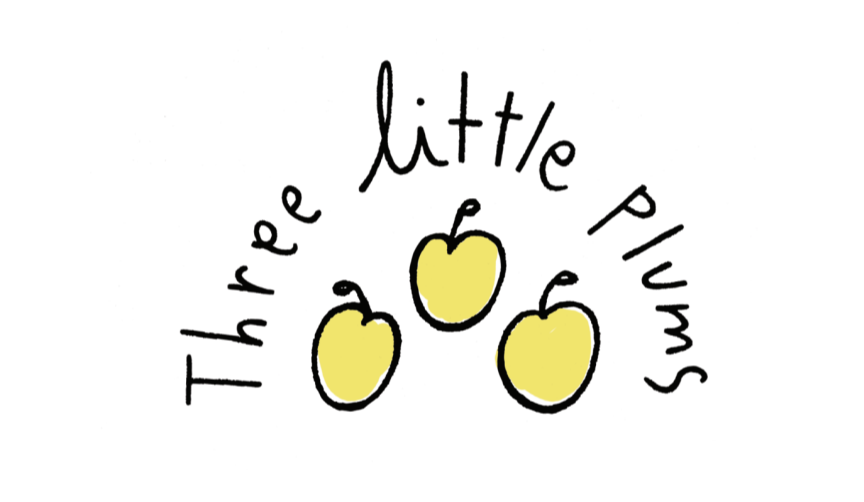Stress, Toxic Chemicals and Autism: the Factors that Affect Your Baby's Developing Brain

How external factors that affect a woman during pregnancy can also affect her baby's developing brain.
Today I attended Mt Sinai's Children's Environmental Health Center’s 10th Annual Winter Symposium which focused on the “ Decade of the Developing Brain”
During the span of almost three hours, we heard from top experts who spoke about the links between environmental factors and the development of the brain, with an emphasis placed on autism.
The main takeaways from this mornings symposium were:
ROOT CAUSES OF AUTISM
We know that a large percentage of autism is due to genetic factors (researchers estimate around 60%) but a significant percentage is still unknown. We do know that environmental factors need to be taken into account.
THE CRITICAL IMPORTANCE OF A HEALTHY PREGNANCY
It is beyond critical to be healthy during pregnancy. At no other time in life is a human’s brain (and entire body, really) more susceptible to environmental factors, than during fetal development. Massive fetal development occurs in a short span of time ( we go from an egg and a sperm to a full human baby in approximately 9 months) so a lot of really important development is happening really fast. If the mother is exposed to something harmful, the fetus is also exposed to it (and this is not only chemicals; nutritional deficiencies, social stressors and toxic chemicals will all affect the unborn baby) and often this can affect the baby for the rest of their lives.
TOXIC CHEMICALS AND STRESS HAVE VERY SIMILAR NEGATIVE IMPACTS ON THE UNBORN BABY's BRAIN
There are links between a mother’s social and emotional environment and the development of her baby’s brain. Chronic stress and exposure to certain toxic chemicals cause similar reactions inside a mother’s body. Chronic stress can be caused by
very diverse situations including: the death of loved one, poverty, immigration issues, marriage problems, workplace stress, financial hardships, abusive relationships, racism etc.
Chronic Stress will overwhelm your ability to cope, and can releases neurochemicals and hormones that can disrupt key systems in a developing baby (like neurological development), much in the same way as a chemical like lead does. Stress also affects the mother’s and child’s immune system.
Additionally, if your immune system is affected due to situations in your social environment, the effects of even low levels of chemical exposure can be enhanced (whereas another person with a strong immune system exposed to same chemicals might not be affected by the same chemicals).
Regardless of the source of stress, the stress the mom brings in during pregnancy, will affects her unborn and newborn child and could be predisposing kids to neurodevelopment issues.
WHAT WE CAN DO TO HELP THE DEVELOPING BRAIN
On the bright side, pregnant mothers who face ‘toxic’ environmental, social or emotional situations can help their unborn babies by getting adequate nutrition. The panelist spoke specifically about the benefits of polyunsaturated fatty acid (omega 3 and 6) and vitamin E and their roll in mitigating the effects of the stress.
PRODUCTS WITH CHEMICALS IN ‘SAFE/ TRACE’ AMOUNTS ARE NOT NECESSARILY SAFE - especially during pregnancy and early childhood.
It is misleading to the public when federal regulations or corporations tell the public that a given product with a given chemical is safe to use because the chemical is only present in “trace” amounts, or at levels deemed to be ‘safe’.
We do not live in a bubble; these regulations or claims do not address the cumulative exposure to that chemical nor other chemicals. . Even if you are exposed to ‘trace’ amounts, when you add up trace amounts of that same chemical that can be found in different sources and that you use frequently (sometimes daily) these ‘trace amounts’ add up.
IN CONCLUSION
Finally, ending on a positive note, all panelist seemed to agree that even if there are environmental factors that are out of our control there is plenty parents can do to help the development of their babies brains.
- Healthy diet and nutrition, high in omega 6 and 7 and Vitamin E and iron during pregnancy and early childhood
- Reduce stress (not eliminate, but know what tools you can use to deal and reduce with stress) during pregnancy and early childhood
- It is impossible to avoid ALL chemicals but there are plenty of easy changes you can implement in your daily routine to reduce exposure to serious chemicals ie: take shoes off, dust often, choose glass over plastic, wash hands with soap and water frequently, eat organic produce when possible and all those tips we provide constantly on Non-Toxic Munchkin (follow us on Instagram and Facebook to get constant updates)
- Super important to read to children, to talk to babies, to take kids to the museum, do what you can to stimulate them from day 01!
